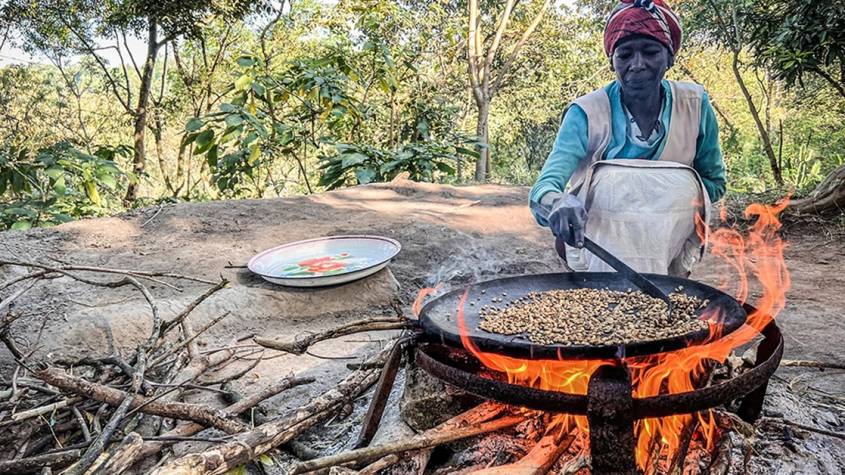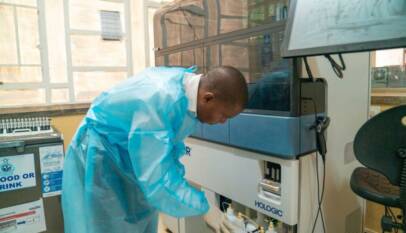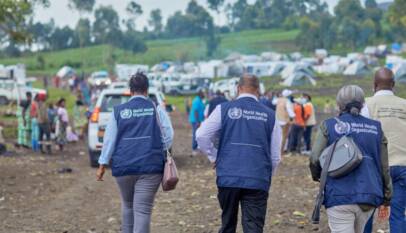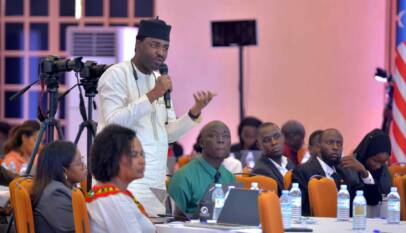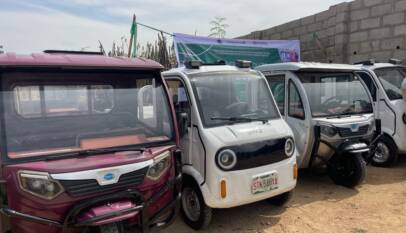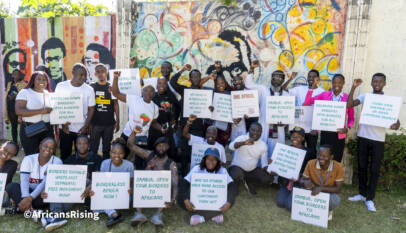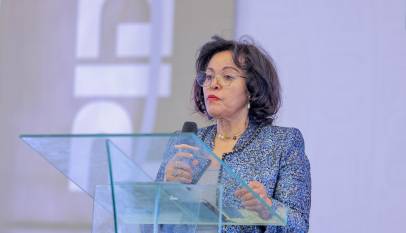OP-ED | Centuries of Bad Choices Deny African Women Clean Cooking Solutions, By Mohamed Adow
Over 800,000 women and girls die prematurely each year from exposure to polluting fuels like wood and charcoal—yet carbon market companies seek to exploit this tragedy to bolster their offset schemes.
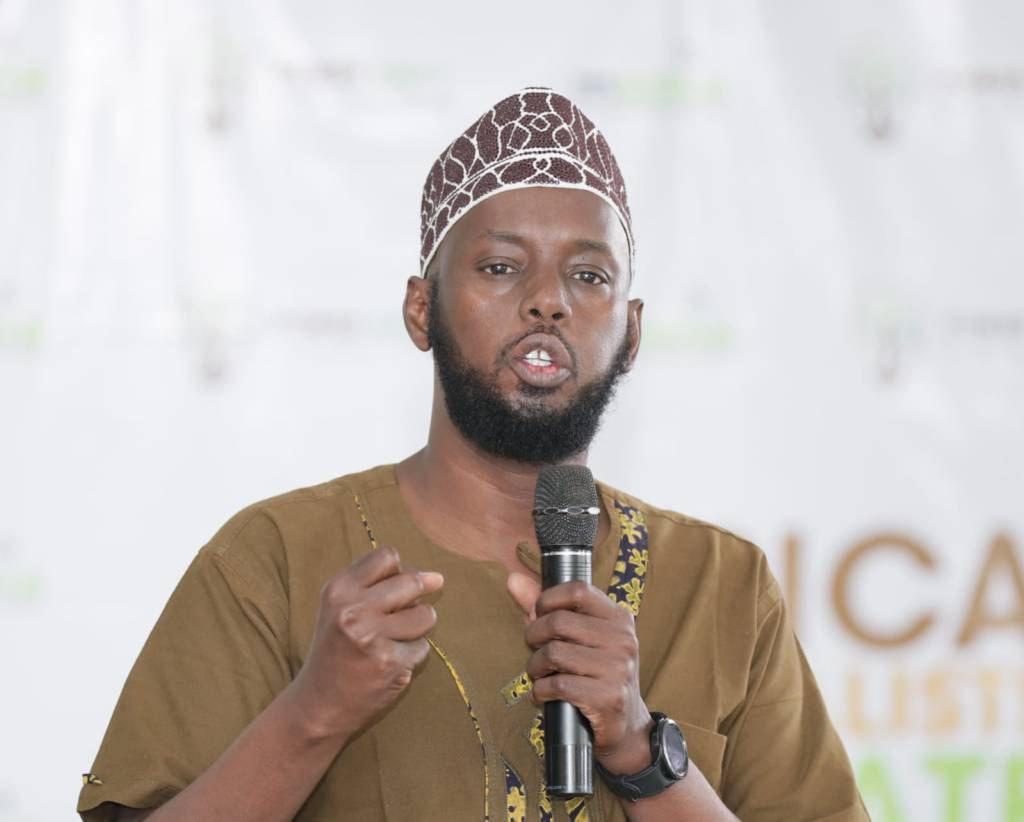
One of the greatest injustices of our time is unfolding quietly in African kitchens. Every day, millions of women cook with polluting fuels like wood, charcoal, and dung—methods that are not only inefficient but deadly.
According to the International Energy Agency’s latest Universal Access to Clean Cooking in Africa report, this silent crisis claims over 800,000 lives annually, mostly women and children. It entrenches poverty, undermines gender equality, strips forests, and fuels climate change.
The report is clear: this is a solvable crisis. With just $37 billion over the next 15 years—less than 0.1% of global energy spending—every household in Africa could have clean cooking by 2040. The payoff would be transformative: 4.7 million lives saved, nearly half a million jobs created, and two extra hours each day for women and girls to pursue education, work, or rest.
Yet while the roadmap is sound, the global response is not. Clean cooking is too often sidelined—or worse, reduced to a bargaining chip in carbon markets. Let’s be clear: carbon offset schemes will not solve Africa’s energy poverty. Treating them as a substitute for real investment is not just misguided; it is a moral failure.
Carbon markets allow major polluters in the Global North to keep emitting greenhouse gases while paying for “offsets” in the Global South. Increasingly, clean cooking projects are being packaged as such offsets—sold to corporations and governments to greenwash their emissions. This is not climate injustice; it is climate colonialism.
Clean cooking must be pursued because it is a human right, not because it produces carbon credits. Tying an essential service to volatile carbon markets risks undermining long-term progress. Prices fluctuate, demand shifts, and entire communities are left at the mercy of global financial whims.
Worse, carbon markets distort priorities. They reward projects that maximise measurable carbon savings, not those that most effectively serve African families. Rural areas—where emissions reductions are harder to quantify—get left behind. Technologies are selected for their carbon-accounting potential, not for their cultural fit, durability, or affordability.
We have seen this before. In the past, carbon-financed cookstove schemes failed to deliver lasting change: stoves distributed without training, maintenance, or reliable fuel supply; communities treated as carbon sinks, not partners. We cannot afford to repeat these mistakes.
Last year, the peer-reviewed journal Nature Sustainability published research revealing that many clean cookstove projects overstate their carbon removal benefits by nearly 1,000%. In other words, these projects are issuing far more carbon credits—each meant to represent a tonne of carbon—than their real-world performance justifies.
By contrast, the International Energy Agency’s Universal Access to Clean Cooking in Africa report offers a credible, actionable path forward. It maps infrastructure and affordability down to the square kilometre and provides country-level strategies rooted in actual conditions.
With coordinated action—public investment, policy reform, and local manufacturing—Africa could achieve universal access to cleaner cooking within 15 years. We could build systems that are resilient, equitable, and African-led.
But to get there, we must change the narrative. Clean cooking is not a carbon offset—it is a cornerstone of development, a foundation for health, gender equality, and climate resilience. It deserves direct, sustained investment, not the crumbs of a broken carbon market.
South Africa’s G20 Presidency in 2025 is a chance to change course. We should push for a global finance deal that prioritises grants, concessional loans, and infrastructure support—not offsets. Climate finance must flow to communities, not consultants. African governments must have the tools and autonomy to lead their energy transitions.
Let’s be clear: Africa is not asking for handouts. We are demanding fairness. The technologies exist. The economics make sense. What’s missing is political will—and the courage to reject false solutions that have dominated climate discourse for too long.
Carbon markets are no substitute for real investment in African energy systems. They are not a path to justice. And they must not be allowed to define our future.
Clean cooking is a moral imperative, a strategic opportunity, and a test of whether the world is serious about climate justice. It is time to stop selling off our future for carbon credits and instead invest in solutions that serve people—not markets.
Mohamed Adow is the Director of Power Shift Africa. The views expressed in this article are those of the author and do not necessarily reflect African Newspage’s editorial policy.

